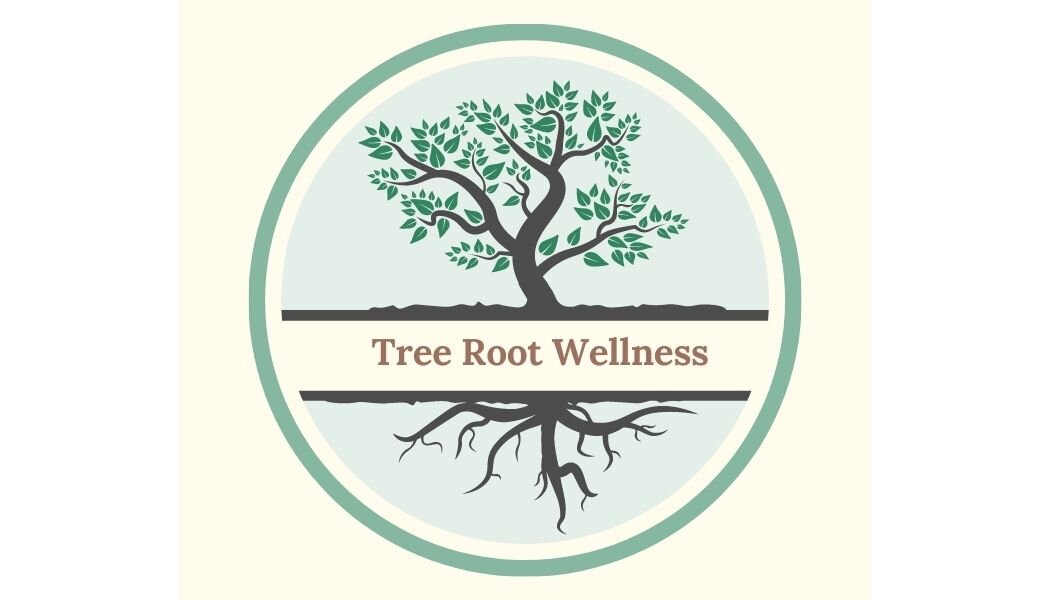Sleep More to Heal Your Brain Injury
Disordered sleep is exceedingly COMMON, after a Traumatic Brain Injury with excessive sleep or disrupted sleep reported by most patients. Unresolved sleep disturbance can prolong brain injury recovery. Basically, your brain needs sleep to heal.
Sleep-Wake disturbances are reported in up to 70% of all brain injury, occurring at more than 3x the rate of people without brain injury. The sleep disturbances caused by brain injury can surface up to 3 years after a traumatic event. So, good sleep routines and hygiene is important for not only recovery but brain health in general.
Some people are more likely to develop disordered sleep after a brain injury including:
Women
People poor preinjury sleep quality
poor sleep/cognition within 2 weeks after injury.
Disordered sleep is the #1 contributing factor to developing neurocognitive or neurobehavioral deficits in TBI patients including:
Depression
Anxiety
Memory loss
Difficulty concentrating or remembering
Chronic pain
Breaking Down Common TBI Sleep Disturbances:
Insomnia: 30-60% of cases of all severities
6% of patients with no TBI
20% of patients after a single TBI
50% of patients with history of multiple TBIs
Excessive Daytime Sleepiness: 57% of TBI patients
Occurs in less than 20 of the population with no TBI history
Hypersomnia: increased need for sleep:
22% of patients reported they need 2 or more additional hours of sleep than before their brain injury
Sleep breathing disorders:
25-35% of patients have obstructive sleep apnea following TBI
Circadian Rhythm Sleep Disorders:
36% of TBI patients experience disruptions to day/night sleep patterns
Abnormal Movements and Behaviors during Sleep
42% of TBI patients experience Parasomnias or abnormal moving during sleep including walking & talking).
25% of TBI patients report increase in teeth grinding and bedwetting in adolescents with TBI
Best Practices for Addressing Sleep Disturbances
Sleep Hygiene
Make the room dark to help increase natural production of melatonin at night
Keep electronics out of the bedroom
Turn electronics off 2 hours before bed
Consider a protein snack before bed to help balance blood glucose
Phosphatidylserine Supplements
Promote healthy nerve cell membranes and myelin increasing brain function and resilience. It supports cognition, language skills, memory formation, and ability to focus. When taking before bed can have a profound impact on sleep after TBI. (stop back on Friday for a deep dive into his important brain healing supplement)
Melatonin
Particularly helpful for initiating sleep cycles within 20 minutes of taking.
Botanicals like:
Valerian Root, Valeriana Officinalis, is especially helpful post-brain injury for it’s GABA promoting actions. It also helps reduce anxiety around sleep.
Passion Flower, Passiflora Incarnata, is useful in supporting insomnia and nervous system disorders.
Lemon Balm, Melissa Officinalis a member of the mint family, uplifting and soothing to insomnia and the nervous system.
If you are still struggling with sleep, schedule a consultation to talk about other therapeutic options for sleep or speak with your physician.
PMID: 30347632, 28329120, 24992464
